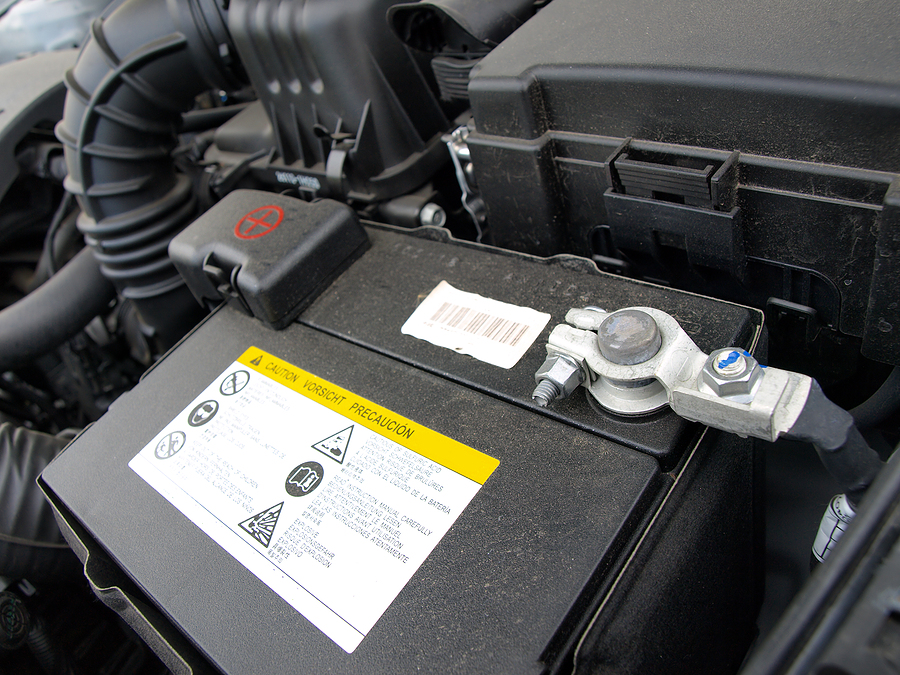In a world increasingly aware of environmental issues, safe car battery disposal is more important than ever. For Eco-conscious drivers, understanding how to properly dispose of old car batteries not only protects our planet but also safeguards human health. This blog post explores the ins and outs of car battery disposal, why it matters, and how you can play your part in promoting a healthier environment.

Understanding Car Batteries and Their Environmental Impact
Car batteries are complex devices composed of hazardous materials like lead, sulfuric acid, and heavy metals. These components are essential for the battery’s function but pose significant environmental hazards if mishandled. When car batteries end up in landfills, they can leak toxic substances into the soil and water, posing risks to local ecosystems and human communities.
Improper disposal of car batteries contributes to pollution, potentially contaminating drinking water supplies and harming wildlife. Batteries that are not recycled may result in valuable materials being wasted instead of being reused. For Eco-conscious drivers, understanding the composition and impact of car batteries is the first step towards responsible management.
By recognizing the potential dangers, drivers can make informed decisions about battery disposal, reducing their ecological footprint. Awareness is key to preventing the harmful effects of battery waste and ensuring a safer environment for future generations.
Benefits of Proper Disposal
Recycling car batteries offers a multitude of benefits, both environmentally and socially. When batteries are recycled correctly, valuable materials such as lead and plastics can be recovered and reused, reducing the need for new raw materials. This not only conserves resources but also lowers the energy required for production, which can decrease greenhouse gas emissions.
Proper disposal also minimizes the risk of environmental contamination, protecting natural resources and public health. Communities benefit from cleaner air and water, less waste in landfills, and a more sustainable approach to battery use. Recycling programs foster a culture of responsibility, encouraging individuals to consider their environmental impact.
By participating in car battery recycling efforts, drivers contribute to a circular economy where materials are continuously reused, supporting job creation and economic growth in recycling industries. The positive ripple effects of proper disposal extend beyond the environment, enhancing community well-being.
How to Dispose of Your Car Battery Safely
Disposing of your car battery responsibly is easier than you might think, and it starts with a few simple steps. First, locate a certified recycling center or retailer that accepts used car batteries. Many auto shops, dealerships, and recycling facilities offer drop-off services, making it convenient for drivers to recycle batteries.
Ensure the battery is stored upright in a sturdy, acid-resistant container during transportation to prevent leaks. Be cautious when handling batteries, as they contain hazardous substances; wearing gloves and safety glasses is recommended to protect yourself from spills or contact with corrosive materials.
After dropping off the battery at a designated location, take a moment to verify that the facility follows proper recycling protocols. Responsible disposal ensures that harmful materials are managed safely and that valuable components are recovered and reused.
Eco-Friendly Battery Alternatives
For those looking to go beyond recycling, exploring Eco-friendly battery alternatives can make a significant difference. Sustainable battery options, such as lithium-ion or nickel-metal hydride, offer cleaner energy solutions for drivers. These batteries are often more efficient, have a longer lifespan, and are less harmful to the environment compared to traditional lead-acid batteries.
Switching to an Eco-friendly battery can reduce your vehicle’s environmental impact, providing peace of mind for Eco-conscious drivers. Additionally, advances in battery technology continue to improve the sustainability of electric and hybrid vehicles, offering greener transportation options.
By opting for sustainable batteries, drivers support innovation in clean energy technologies and contribute to reducing the overall carbon footprint of the automotive industry. Choosing Eco-friendly alternatives is a proactive step towards a more sustainable future.
The Role of Regulations and Environmental Policies
Government regulations and environmental policies play a crucial role in ensuring safe car battery disposal. Stringent guidelines mandate the proper handling and recycling of batteries, holding manufacturers and consumers accountable for environmental stewardship. These regulations help prevent illegal dumping and promote responsible waste management practices.
Environmental policies also support research and development of cleaner battery technologies, encouraging the transition to sustainable energy solutions. By setting standards and incentives for recycling, governments can drive positive change and foster a culture of sustainability among businesses and individuals.
For Eco-conscious drivers, staying informed about relevant policies and supporting regulatory efforts is essential. Advocacy for stronger environmental protections can lead to widespread improvements in battery disposal practices and contribute to a healthier planet.
Conclusion
Safe car battery disposal is a critical component of environmental stewardship, offering both practical and long-term benefits for Eco-conscious drivers. By understanding the composition and impact of car batteries, drivers can make informed decisions about recycling and disposal. Proper disposal not only conserves valuable resources but also protects natural ecosystems and public health.
Exploring Eco-friendly alternatives and supporting regulatory efforts further enhances sustainability efforts, making a positive impact on the environment. By taking these steps, drivers can lead by example, inspiring others to prioritize safe and responsible battery disposal.
Join us in this important effort to protect our planet. Share this guide with fellow drivers, and let’s work together towards a greener future.
Why not take advantage of this growing market and turn your unwanted car parts into cash right now? Contact GC’s Junk Cars at 513-991-4776 today to get a free, no-obligation quote for your scrap automotive parts and pieces! We are eager to help you earn the most cash for junk car parts, today.
Related Posts:
Maximizing Value: How to Profit from Your Junk Car Parts
Car Battery Buying Guide: Everything You Need to Know
How to Jumpstart a Car With a Dead Battery

